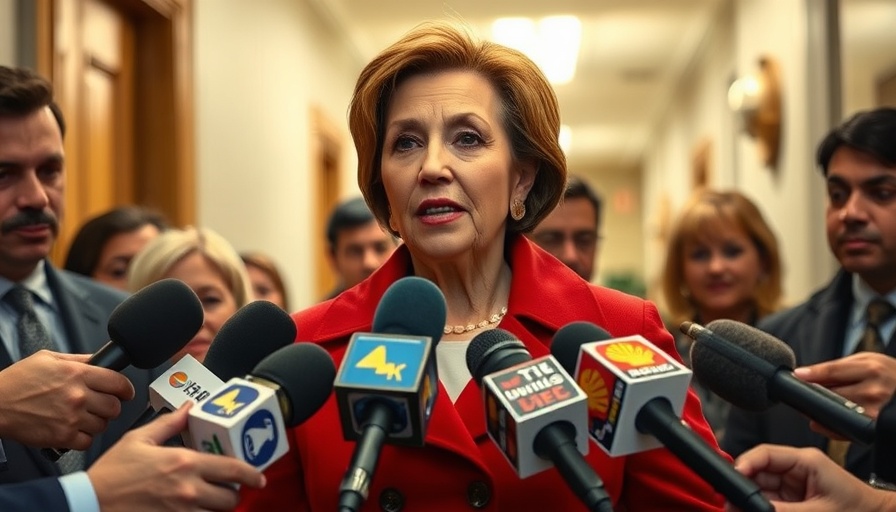
A New Era: Gen Z's Response to Toxic Work Environments
At just 24 years old, Calli Nguyen emerged from a whirlwind experience that many older generations would find unthinkable: she was fired after only three days on the job. Her departure from the role of digital marketing director at a medical firm was not due to a lack of skill or effort; rather, it was her refusal to accept a toxic workplace. This incident mirrors a growing trend among Generation Z, who prioritize mental health and workplace positivity over traditional career expectations.
Red Flags Were Present from the Start
Calli's initial excitement quickly turned to dread as she stepped into a company culture that was riddled with anxiety and stress. Despite having read negative reviews about the firm on platforms like Glassdoor, she was determined to make it work. Many in her generation, raised in an era of digital connectivity, are acutely aware that their skills are in demand, allowing them to make choices that past generations couldn't afford.
Shifting Expectations: A Cultural Movement
The rejection of toxic environments isn't just an isolated incident for Calli; it embodies the larger ethos of Gen Z in the workforce. Born into the digital age, this generation values work-life balance, meaningful contributions, and mutual respect, shifting traditional expectations. Companies that want to remain competitive must adapt or risk losing valuable talent. This change isn’t merely a trend; it signifies a revolution in workplace culture.
What Gen Z Wants: Values at Work
For many Gen Z workers, including Calli, the desire for inclusivity and growth opportunities is paramount. They reject the notion of enduring a toxic environment for a paycheck. This generation is willing to leave jobs that do not align with their values, emphasizing the importance of mental health and personal fulfillment. As reported by various studies, the prioritization of a healthy work-life balance has become non-negotiable for younger workers, pushing older firms to either change their culture or face the consequences.
The Cost of Ignoring This Movement
Employers who ignore these shifting dynamics do so at their peril. Organizations characterized by high turnover rates and employee dissatisfaction face not only financial repercussions but also reputational damage. A firm’s culture is critical; creating a respectful and supportive work environment is essential to retaining talent. As Calli's experience demonstrates, a toxic workplace will be met with swift rejection from skilled, younger workers who can easily find more supportive environments.
Diverse Perspectives: Listening to the Generation
Understanding Gen Z's perspectives can offer valuable insights for employers. Many young workers are keen on collaborative environments where their ideas are not just welcomed but celebrated. This contrasts sharply with the hierarchical structures prevalent in older companies. Forward-thinking employers recognize that fostering a sense of belonging and encouraging open dialogue leads to greater creativity and productivity.
Practical Steps for Employers to Embrace Change
To align with Gen Z's needs, companies must take actionable steps that foster a healthier work culture. Some recommended practices include:
- Implementing transparent communication channels to encourage feedback and idea-sharing.
- Offering flexible work arrangements that prioritize work-life balance.
- Providing training on modern workplace practices to embrace a more inclusive and respectful environment.
- Creating mentorship opportunities that enhance professional growth while supporting mental well-being.
Conclusion: The Future of Work is Already Here
As Calli Nguyen's story showcases, the narrative surrounding workplace expectations is changing. Gen Z is setting a new standard for what it means to work in a supportive and healthy environment, ensuring that toxic workplaces are no longer tolerable. This movement toward prioritizing mental health, respect, and collaboration is not only beneficial for individual workers but also for the organizations that embrace these values. Employers must take action now to create workplaces where all generations can thrive.
 Add Row
Add Row  Add
Add 




Write A Comment